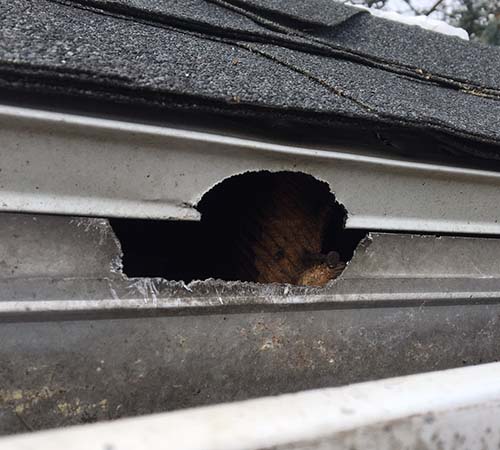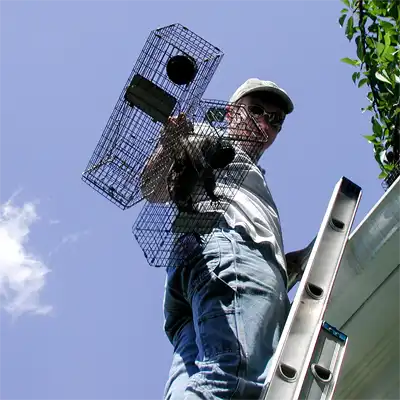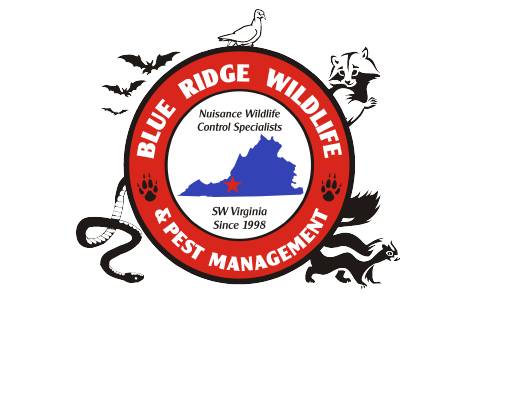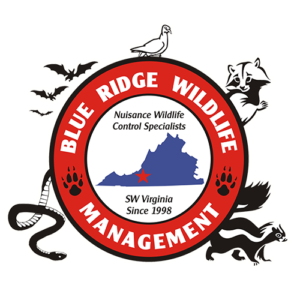
How to Keep Squirrels Out of Your Vents: A Comprehensive Guide
Understanding How Squirrels Get Into Vents
Squirrels are excellent climbers and can easily scale walls and roofs to reach vents. They are also very small and can squeeze through small openings. Vents provide an easy entry point for squirrels because they are often found on the roof or walls of a house and are not always properly sealed.
The Damage Squirrels Can Cause
Once inside, squirrels can cause a significant amount of damage. They will often build nests in the ductwork, which can cause blockages and restrict airflow. This can lead to decreased efficiency of your HVAC system and increased energy costs. Squirrels may also chew on electrical wiring, which can create a fire hazard.

How to Keep Squirrels Out of Your Vents
The best way to keep squirrels out of your vents is to prevent them from accessing them in the first place. Here are some steps you can take to do just that:

Why You Need a Professional to Keep Squirrels Out of Your Vents
While it may be possible to take steps to prevent squirrels from accessing your vents on your own, there are a number of reasons why it’s best to hire a professional.


